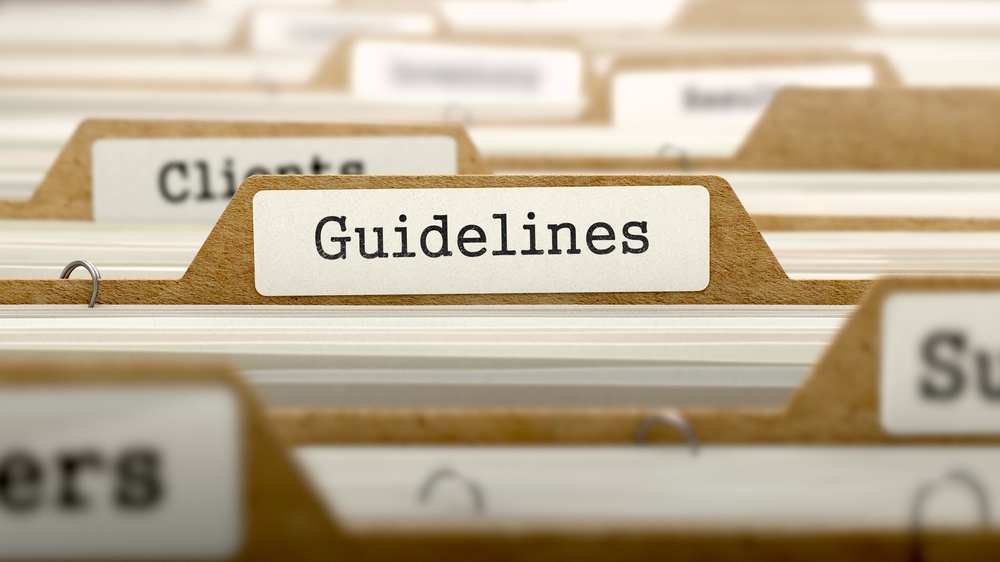How to Close a Bank Account
Look online and you’ll notice that many financial institutions are more than happy to provide information about how to open a new account. When it...

Though phone scams sound old and outdated, they still are common today. Primarily, people who are over fifty years of age are victimized through telephone fraud, but anyone can fall victim. Every year people lose money to telephone scams. Scammers act very friendly, and will sweet talk the money out of people any way they can.
If you get a call from someone who tries to sell you something that you never planned on buying, you should just say, “No thanks” and hang up. If they pressure you to provide your personal information, such as your credit card number, it is very likely that it is a scam. Therefore, you should immediately report it to the proper authorities.
Usually, the scammers operating the phone try not to give you any time to think and figure out their pitch; all they want is for you to say yes. But there are some scammers who are so crafty that they seem happy to comply even when you ask for more information. They may ask you to visit some website, or they might send you some information about their supposed business that features their satisfied customers. These customers are called shills and most likely are fake, as is their praise for the company.
If you hear lines that sound like this, you should hang up and file a complaint with the FTC:
 “You will get a free bonus if…”
“You will get a free bonus if…”While this isn't a complete list of the things a scammer will say to try to get money from you, it does show they know how to get people to say "yes". Remember if the offer is too good to be true it probably is. Many scam calls are also often automated messages threating serious consequences if you don't act immediately.
The scammers will use exaggerated or fake prizes or services to catch your attention. Some of them may call you while others may send you emails, texts or ads encouraging you to call them. Some of the offers that you might receive are:
More recently scammers have started using their scam tactics to gain access to online banking accounts. They will claim to be from your financial institution as claim to need your online banking credentials to "confirm you identity". A financial institution will never ask you for this information!
These frauds are not limited to race, gender, age or income. Everyone is a potential target. However, some scammers may target a certain group of people. For example, they might target older people as they believe that they may live alone or that they could be polite towards strangers. They may even target a specific geographic region or customers of a particular business.

Questions that you should ask yourself:
Whenever you receive such calls, keep your cool and avoid handing out your information. Most certainly, do not pay for a “free” gift. You should also get all the information in writing from the callers.
While phone scams seem like an outdated way of scamming people out of their money, they are still very common and often successful. You should know the kinds of calls that are scams and how to easily avoid them. By following these tips, you should be able to avoid common phone scams and slip through the traps set by scammers.

Look online and you’ll notice that many financial institutions are more than happy to provide information about how to open a new account. When it...

Ask someone if they know how to open a new bank account, and they’ll more than likely tell you they do. However, if you ask someone if they know when...

When most people think about switching financial institutions, they think about factors like whether the new institution is closer to them, the...